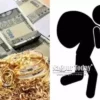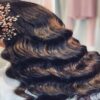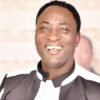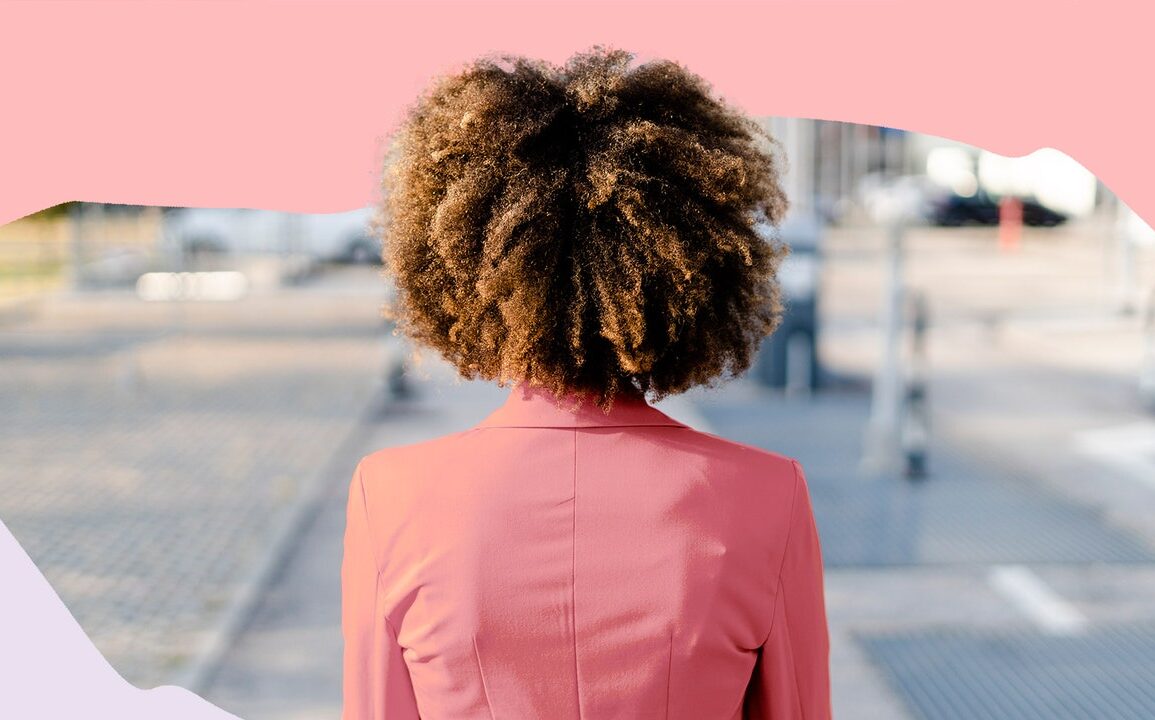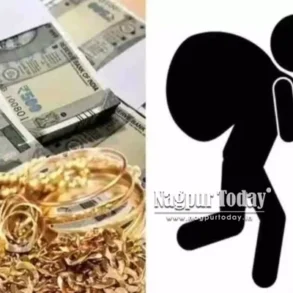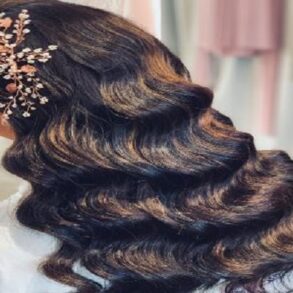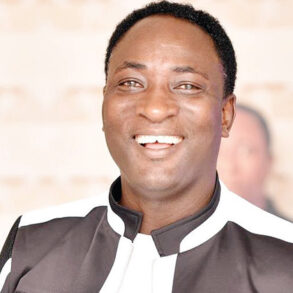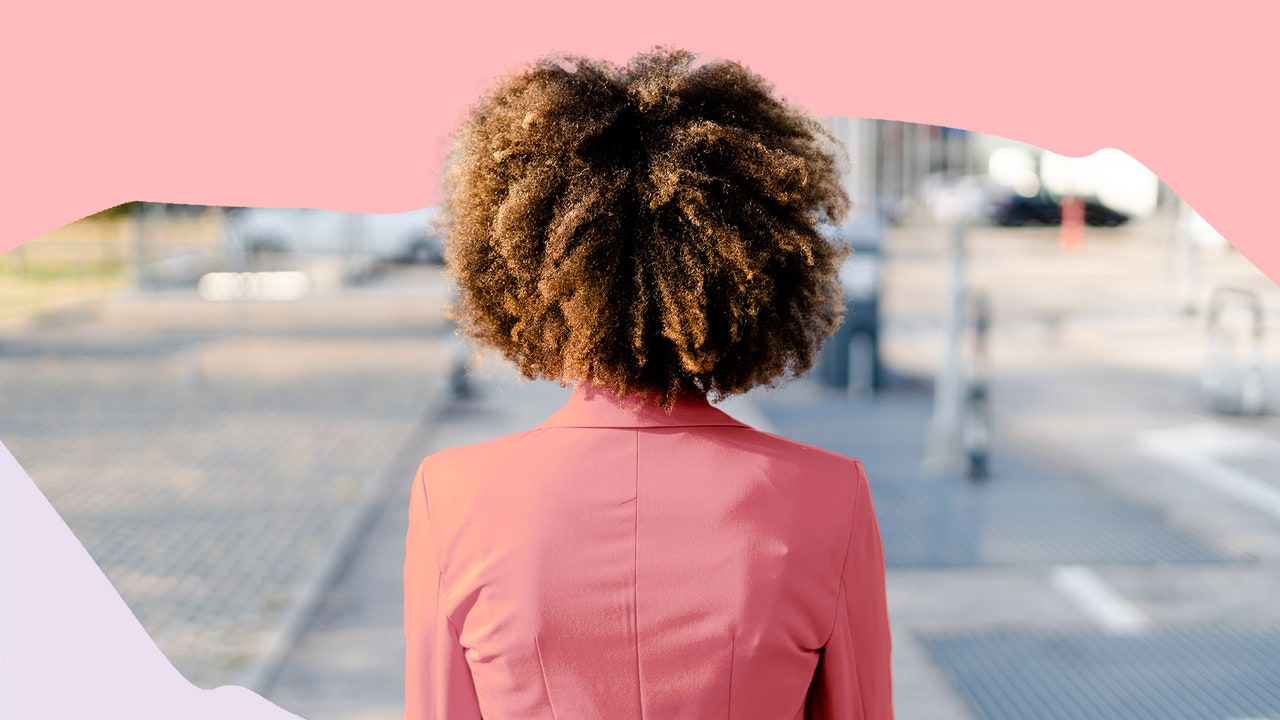
I vaguely remember them making a comment about my hair. “Oh, you have…” they pause “so much hair” they continue. It was less about the message, more about the messenger. This person’s reputation on the Black corner of journo Twitter was in tatters, and any comments about my physical appearance made me uneasy coming from them. They then proceed to comment on how I was stylish.
The interview became a therapy session where this person proceeded to explain to me all the reasons they’re not racist. They asked me uncomfortable questions, including how precious do I feel about my hair.
Granted I would be writing about beauty but the line of questioning was loaded and rarely leaned on my journalistic background. They told me I reminded them of their sister-in-law, an African Black woman, who they got on very well with, so they knew they would get on well with me. This was a mere few moments after greeting me.
They emphasised that their mix-raced nephew – who “had an ankle monitor” – attended behaviour classes and they would often take him, voluntarily, without fear. This, they told me, is also where they met another young Black boy who was always in trouble with the police, but they still hired him to model for their brand, as if that was a charitable act. They segued from here into how this clearly proved that they were definitely “not racist”.
I quickly realised that what first started as an overindulgent and gratis therapy session (purely for their own personal validation), had turned into a Blackness barometer reading. It simply felt like they were measuring up how Black of a Black person I actually am and how much Blackness I was going to bring to their business.
My hair was all the giveaway they needed, but I also didn’t hold back with my words. The more professional and work related questions they eventually asked were relatively straight forward, and the more I heard about what she expected from the role, the more I realised I was perhaps overqualified, as I’d exceeded those duties in my previous job.
I left the interview perplexed, but was later hired to do a couple of features for their website on a freelance basis (which never were published, although fair to note that they eventually did pay me for it) while they decided on the person they would eventually hire.
I knew they were going to hire a Black women, they made it clear that this was their sole intention. However, I quickly realised that it would have to be a Black women that would “culturally fit” their work environment, and that would be a hard task considering the things I’d witnessed in that two hour interview.
Spoiler alert: I did not get the job. Unsurprisingly. I was told they went with someone with more experience. Of course this is a small industry, and I soon realised that was not the case at all, but it would be hard to explain to a Black women why exactly they were not a good cultural fit when the business is doing a diversity hire.
I had a fleeting moment of insanity, by feeling mildly disappointed for not getting the job after everything I witnessed in the interview, but perhaps that disappointment stemmed from the fact I’d shown my whole self, and wasn’t chosen. I was worried this could be a pattern if I stayed true to myself going forward. In retrospect, it would have been a mistake to take the role – everyone around me, including my family and my work mentors, had advised me not to.
The sad thing is, this experience isn’t unique to me. A new report by World Afro Day, ‘Workplace Hair Acceptance’, revealed that bias against Afro hair in the workplace is likely to cost jobs. It concluded that there’s a “hierarchy of hairstyles” that are more likely to get you hired, starting with Eurocentric styles (straight hair, slight waves) before decreasing to Afrocentric styles, with locs and afros at the bottom.
This post was originally published on this site be sure to check out more of their content.

